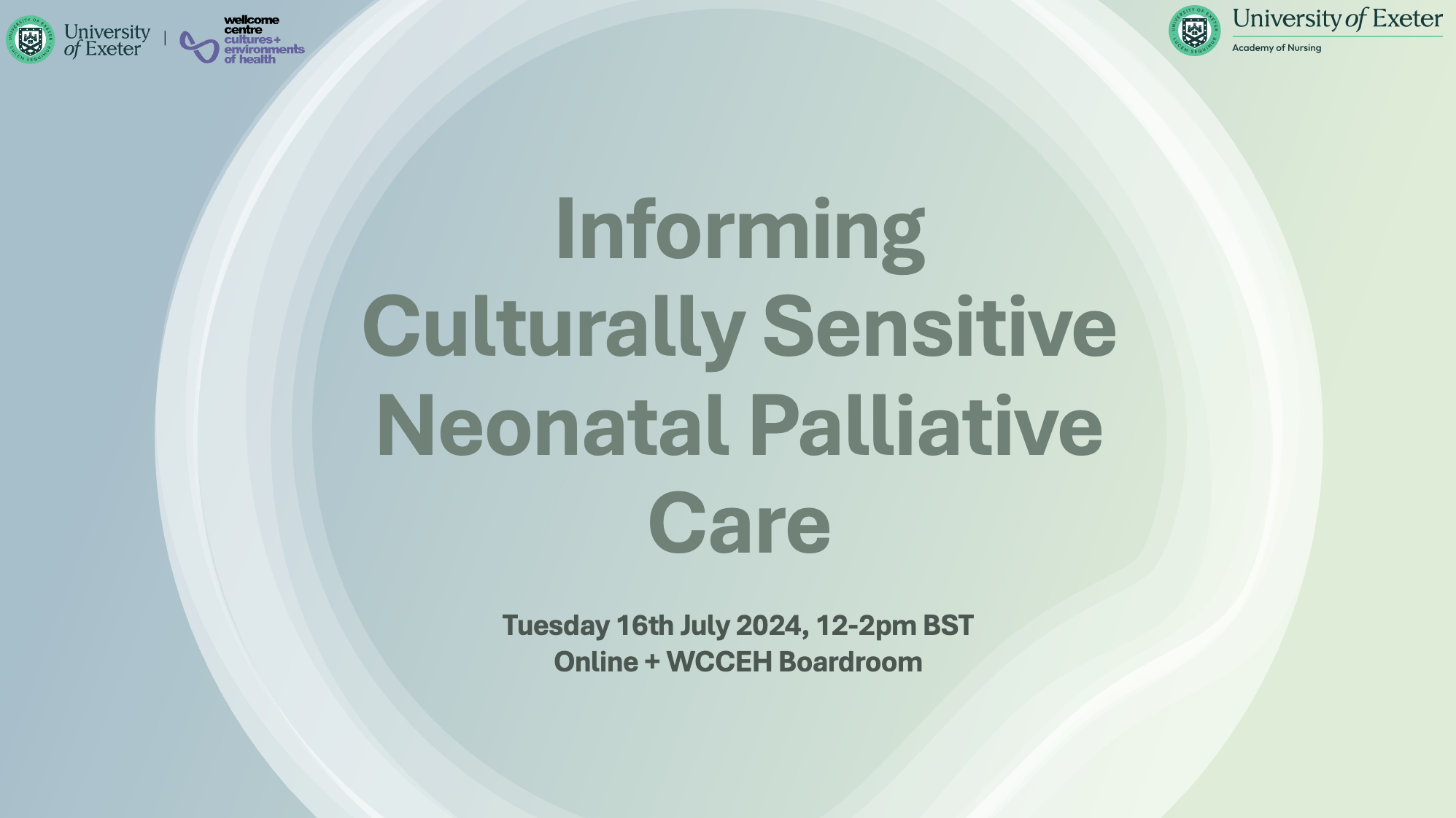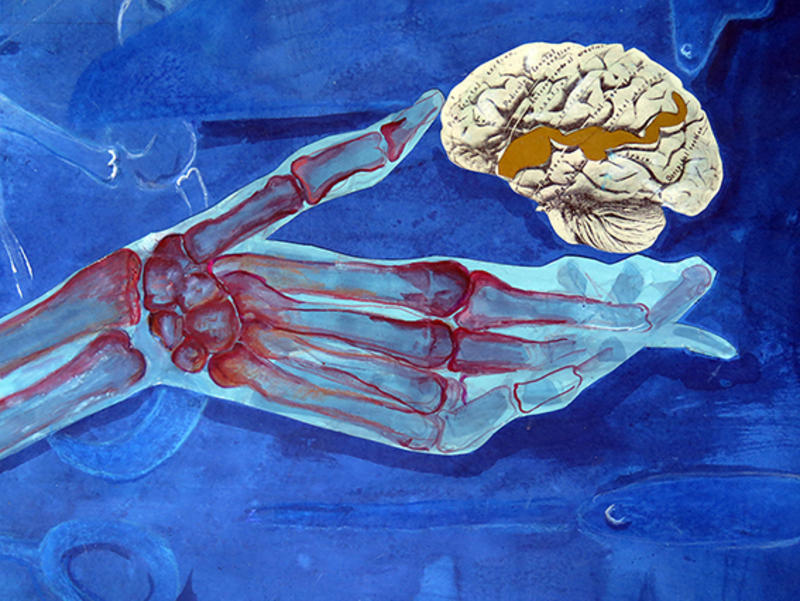Promoting health literacy as poweful tool to address public health challenges

WHO has been scaling up its activities to promote health literacy as an essential tool to address public health challenges and to support countries in implementing health literacy projects. On 6–7 November 2019, WHO conducted a training in Moscow, Russian Federation, for 9 eastern European and central Asian countries on developing, implementing and evaluating national health literacy projects focused on tackling noncommunicable diseases (NCDs).
Higher rates of health literacy linked to better health outcomes
Health literacy is a relatively new field, and yet research has already shown that when implemented as part of policies and interventions, it is a key contributing factor to improving overall population health.
Evidence suggests that low health literacy is associated with worse health outcomes, such as more hospitalizations, greater use of emergency care, lower receipt of screening and preventive services, poorer ability to take medication appropriately and to interpret labels and health messages, and, among older people, poorer overall health status and higher mortality rates.
“Health literacy is one of the means to get sustainable changes and to support and empower people and systems at all levels of society – decision-makers, organizations, communities and individuals – to make healthy choices and avoid NCDs,” says Dr Bente Mikkelsen, Director of the Division of Noncommunicable Diseases and Promoting Health through the Life-course at WHO/Europe.
Matching the needs of communities with the goals of medical authorities
During the training sessions, political and technical representatives from the 9 countries evaluated country-level health literacy initiatives to support existing or planned work in the area of NCD prevention and control and health promotion across the life course. They discussed the co-design of concrete health literacy projects in areas such as ensuring healthy diets in schools and tackling diabetes and cardiovascular diseases.
Co-design involves bringing together medical authorities and members of the community for the development of health literacy projects. Professor Richard Osborne, a leading expert on health literacy and co-design and a professor of health sciences at Swinburne University in Australia, facilitated the training sessions. As he explained: “Once all the issues and problems are on the table and all parties have expressed their particular concerns, you can then choose from a range of possible interventions, because co-design involves matching the specific needs of communities with the goals of medical authorities.”
Outcomes of the workshop will also inform the activities of the WHO Action Network on Health Literacy for Prevention and Control of NCDs, which provides a platform for communication and collaboration among experts from different countries.
About the WHO European Action Network on Health Literacy for Prevention and Control of NCDs
The Action Network was launched in January 2019 to collate global and national health literacy experiences and scale up health literacy interventions in order to improve the implementation of NCD prevention and control and promote health through the life course.




